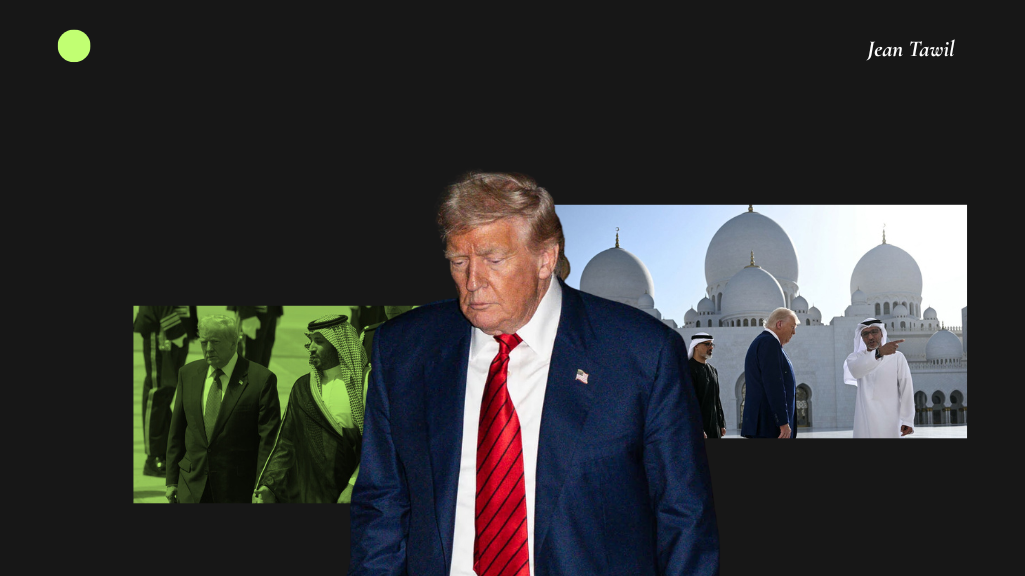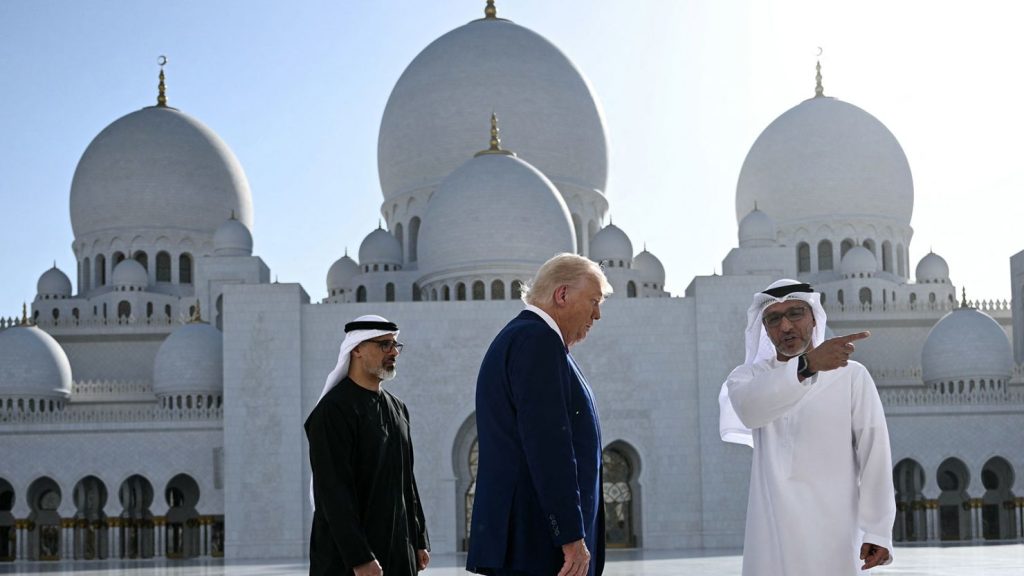


Trump’s Dual Game: Israel-First Rhetoric Meets Legacy-Driven Peace Talk
August 4, 2025
A-
A+
Donald Trump’s handling of the Israeli-Palestinian conflict has always resembled a calculated balancing act, one foot firmly planted in pro-Israel territory, the other cautiously extended toward a peace narrative. But this isn’t driven by deep moral conviction or a humanitarian push for Palestinian dignity. Rather, it’s a quest for legacy. Trump wants to be the president who “fixed the Middle East,” not for its people, but for the history books.
Israel First, Always
Trump’s recognition of Jerusalem as Israel’s capital in 2017 and his move of the U.S. embassy were landmark decisions that reshaped the U.S. diplomatic position, signaling total alignment with Israeli priorities.
The Palestinian Authority cut ties with Washington afterward, declaring the U.S. no longer a credible peace broker.
Peace Talk, But Only on His Terms
Trump’s “Deal of the Century” in 2020 proposed a heavily one-sided map that offered limited Palestinian sovereignty and rejected full claims over East Jerusalem.
His more successful Abraham Accords sidelined Palestinians completely, focusing instead on normalization between Israel and Gulf states.

Talking Peace When It’s Politically Useful
In 2025, amidst the Gaza war, Trump briefly softened his stance, speaking of humanitarian aid and allowing discourse around Palestinian statehood with Western allies like the UK.
But this was short-lived. When Canada, France, and the UK began floating recognition of Palestine, Trump lashed out, calling it a betrayal of Israel and doubling down on his hardline stance.
Iran: The Perfect Example of Trump’s Calculated Control
In mid-2025, when Israel was on the verge of launching a full-scale war against Iran following escalations in Syria and Lebanon, Trump stepped in, not to support Israel militarily, but to hold them back.
Despite his pro-Israel posturing, Trump reportedly warned Netanyahu that a war with Iran would be disastrous and would drag the U.S. into another endless conflict.
Instead of war, Trump ordered a covert cyber and drone campaign that crippled Iran’s nuclear facilities, setting their program back by years.
In doing so, he protected the Iranian regime from collapse while destroying its nuclear ambitions, a move seen by some as contradictory, but ultimately consistent with his desire to control outcomes and claim personal credit for stability without war.
Legacy Over Loyalty
Trump’s foreign policy in the region is not driven by a consistent ideology. He does not care about Palestinians beyond how they can serve his narrative, nor does he give Israel a blank check when it threatens to upstage his plans.
He wants to be remembered as the man who reshaped the Middle East, not through diplomacy or war, but through deals—ones he can stamp his name on.
Final Thought
Trump’s strategy may be egotistical and transactional, but if it results in preventing full- scale war or even a sustainable peace agreement, the intentions may matter less than the outcome. Peace for credit is still peace, and in a region starved of it, maybe that’s a deal worth making.
Read More
-
Phantom Deals: The Shell Companies Winning Syria’s Billion-Dollar Projects
-
Destruction and siege drive As-Sweida into a deepening humanitarian crisis
-
Is the Iranian regime in threat of collapse due to its economic challenges?
-
Tamara el-Zein: From Science Champion to Minister of the Environment
-
After Graham’s Beirut Visit: Tel Aviv Watches More Closely